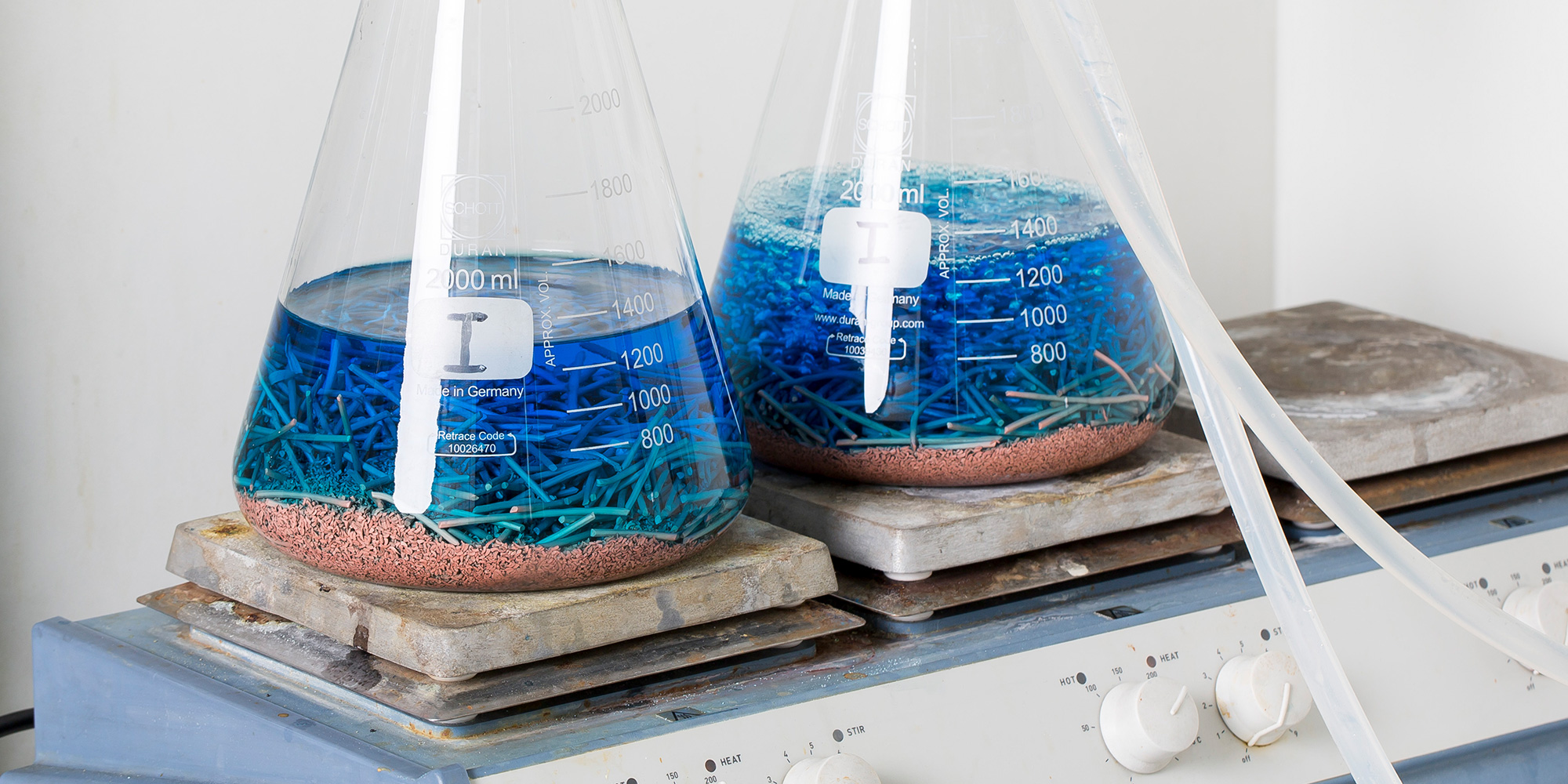IP 418 Corrosivity of Jet Fuels Test
The International Standard IP 418 is a critical protocol used in the oil and gas sector to assess the corrosivity of jet fuels. This test ensures that jet fuel formulations do not cause unacceptable levels of corrosion within aircraft engines and related components, which could lead to operational failures or safety issues.
The corrosivity assessment is essential for maintaining compliance with aviation regulations such as those enforced by the Federal Aviation Administration (FAA) and the European Union Aviation Safety Agency (EASA). The test simulates real-world conditions that jet fuel might encounter during storage and distribution, providing insights into its potential to cause pitting corrosion in aluminum alloy components.
The IP 418 test involves subjecting a metal specimen to immersion in jet fuel for a specified period under controlled temperature conditions. After the exposure time, the surface of the metal is examined for signs of corrosion such as pitting, scaling, and discoloration. The extent of these changes directly correlates with the corrosivity level of the fuel sample being tested.
Accurate testing is crucial given that even small amounts of moisture in jet fuel can contribute significantly to its corrosive properties. Therefore, ensuring precise control over environmental factors like humidity levels during the test process is vital for accurate results.
The standard specifies detailed procedures regarding specimen preparation, immersion duration, temperature regulation, and observation protocols post-exposure. Compliance with these stringent guidelines ensures reliable data that can be used to make informed decisions about fuel formulations and their impact on aircraft engine integrity.
By adhering to IP 418 specifications, laboratories play a pivotal role in safeguarding aviation safety by identifying potentially problematic fuels early on through rigorous testing protocols. This proactive approach helps prevent costly disruptions during flight operations while enhancing overall confidence in the quality of jet fuel supplies available globally.
Industry Applications
The IP 418 Corrosivity of Jet Fuels Test finds extensive application across various segments within the oil and gas industry. Primarily, it is used by manufacturers who produce aircraft fuels to ensure their products meet stringent quality standards required for safe aviation operations.
- Aerospace companies rely on this test to validate that newly developed jet fuel blends do not induce corrosive reactions with existing engine parts.
- Oil refining plants use IP 418 results as part of their continuous improvement efforts aimed at reducing corrosion risks associated with various refinery processes involving jet fuels.
- Airlines and air cargo operators incorporate these test outcomes into routine maintenance programs ensuring longevity of critical aircraft components.
Additionally, regulatory bodies responsible for overseeing aviation safety standards depend heavily on IP 418 data when evaluating compliance reports submitted by fuel suppliers. Their reliance underscores the importance placed upon accurate and consistent testing methodologies like those prescribed in this international standard.
Competitive Advantage and Market Impact
Laboratories offering comprehensive services including the IP 418 Corrosivity of Jet Fuels Test hold significant competitive advantages within the oil and gas sector. By providing reliable, accurate, and consistent test results, these labs help fuel suppliers maintain regulatory compliance while also enhancing their reputation for producing high-quality products.
- They enable companies to stay ahead in meeting evolving aviation safety requirements by offering advanced testing capabilities not available elsewhere.
- The ability to conduct independent third-party verification of fuel quality adds value that competitors cannot easily replicate, thereby distinguishing themselves in the marketplace.
- Achieving ISO/IEC 17025 accreditation further strengthens a lab's credibility and trustworthiness among clients seeking assurance about their product performance.
These advantages translate into increased market share as satisfied customers become repeat buyers and recommend services to others. Moreover, being able to demonstrate compliance with industry-leading standards like IP 418 can attract new business opportunities from international markets where stringent quality controls are paramount.
Use Cases and Application Examples
The IP 418 Corrosivity of Jet Fuels Test is widely used in several specific applications across the aviation industry. One key use case involves initial fuel formulation development, where labs apply this test to evaluate different chemical compositions before finalizing product specifications.
- In these scenarios, researchers modify various additives or components within a jet fuel formula and then subject each variant to IP 418 testing. They analyze the resulting corrosion levels to determine which combination yields optimal performance without compromising safety.
- Another critical application is during routine quality assurance checks conducted periodically by refineries. Here, samples from different batches of newly produced fuels undergo this test to ensure uniformity throughout large-scale production runs.
Besides these primary uses, the IP 418 test also plays a crucial role in troubleshooting persistent issues related to fuel-induced corrosion observed during maintenance cycles or operational flights. By pinpointing specific fuel types responsible for corrosive damage, operators can implement targeted corrective measures more efficiently than they would using less precise methods.





